How Mast Cells and Histamines Can Confuse Your Immune System
Lately, prospective clients call the Healing Place looking for help to address various health issues including digestive problems, eczema, fatigue and brain fog. These health issues could be the result of dysfunctional mast cells. I can hear people saying, “What’s that?”
When I first heard of mast cells, I scratched my head, wondering what they were. Then my fingers started to research how these cells are necessary to fight off invasive pathogens, and what happens when these immune cells go into overproduction and disrupt the body’s functions.
What are mast cells?
Mast cells are a part of the immune system. They are the first to react when a foreign antigen (any substance that induces the immune system to produce antibodies against it) enters the body. When antigens invade the body, mast cells set off a rapid inflammatory response by releasing histamines and other mediators in excessive amounts to fight off perceived threats from common antigens such as allergens, bacteria, viruses, or parasites. Releasing histamines, for example, stimulates the release of fluids from capillaries which then surround the allergen or pathogen so as to neutralize it.
As long as your immune system is robust, the body can neutralize harmful allergens or pathogens and fight disease; but once your immune system is compromised or weak, the mast cells don’t have enough strength to fight off aggressive invaders.
What cause mast cells to activate?
Pathogens are not the only mast cell activators or triggers. Any stress-related triggers can cause mast cell activation including anxiety, pain, rapid temperature change, strenuous exercise, strong odors, or even being overly tired. Many common triggers include infections, insect bites, certain foods, supplements, and even drugs such as antibiotics, ibuprofen, or opiate pain relievers. Any or all of these things can activate mast cells to release inflammatory mediators, and the more triggers you have, the harder your immune system has to work!
Types of mast cells
Connective tissue – These mast cells found on skin surfaces and tissue serve as your body’s first line of defense against invasive pathogens. These cells reside under the skin, near blood vessels and lymph nodes. They contain histamine and a large amount of heparin. Heparin is a weak anticoagulant that prevents blood from clotting too quickly, while histamine promotes blood flow to damaged tissue for repair.
Mucosal type – found primarily in gastrointestinal mucosa and peripheral airways (GI tract and respiratory.) These mast cells are essential to keeping the 1000 species of commensal bacteria needed to support a healthy immune system. Commensal bacteria host a wide range of friendly microorganisms known as commensal gut microbiota. Like an orchestra, when all the instruments play in harmony, it becomes a cohesive whole. This is true for bacteria, and it only takes a few harmful bacteria to upset the delicate balance of the gut microbiota.
The majority of microbiota lives in the intestines, mouth, skin, and urinary tract. Gastrointestinal disorders such as leaky gut syndrome and inflammatory bowel disease (IBD), such as Ulcerative colitis, cause inflammation and upset microbiota balance. Then mast cells release mediators to neutralize these pathogens.
What happens when mast cells overproduced?
Mast Cell Activation Syndrome (MCAS) can occur when mast cells release mediators too often and in excessive amounts. There are many symptoms and signs of MCAS, and when not treated these symptoms can worsen over time, causing chronic multisystem inflammation with or without allergic-type problems, poor healing, or abnormal cell growth. It is not easy to diagnose MCAS and many doctors do not know what it is exactly, so please call your health care provider to inquire.
Some Common Ways to Control Mast Cell Activation, but ask your health care provider first. Many people with MCAS are highly sensitive to any dietary and supplements changes.
- Hi1 or H2 antihistamines. These antihistamines can block the effects of too much histamine.
- Mast cell stabilizers prevent the release of mediators from mast cells
- Supplements like: Luteolin, Quercetin, Ginkgo Biloba, Silymarin, Shea oil, Ellagic acid, Pycnogenol, Magnolia/Honokiol, Feverfew can help prevent mast cell activation.
Reduce inflammation and stabilize your immune system by checking and treating any underlying infections, including H. pylori, Lyme, Epstein Barr, and herpes simplex. Also, correct any gut dysbiosis by balancing the gut microbiome. Certain strains of probiotics are helpful to breakdown histamine, again, check with your health care provider, including:
- Bifidobacterium adolescentis
- Bacteroides thetaiotaomicron
- Bacteroides fragilis
- Lactobacillus rhamnosus
How can the Mind-Body connection help to support and normalize mast cell production?
From my 15 years of observation, I have seen a definite connection in people between their mental state and immune response, especially because people are more stressed than ever after being quarantined during this pandemic. Stress, for example, produces the Corticotropin-releasing hormone (CRH) which is associated with the activation of skin mast cells. This harmful stress chemical causes the immune and nervous system to overreact so below are some ideas as to how to de-stress!
Daily Stress Reducer: Try meditation, yoga, breathing exercises, maintain a regular schedule (wake up and go to bed at the same time), and any other stress-reducing techniques.
Holistic Medicine: Incorporate Reflexology by supporting all 11 body systems – skin, digestive, respiratory, reproductive, urinary, lymphatic, circulatory, nervous, muscular, skeletal and endocrine systems.
Helpful Supplements – Check with your health care provider
- Vitamin D – Inhibit mast cells production
- Magnesium deficiency can induce the emergence of mast cells in the liver
- Zinc – aides in regulating mast cell signaling
- Diamine oxidase (DAO) stabilizes mast cells and breaks down histamine.
Low histamine diet: reduce histamine Level by adopting a low histamine diet. Try to eat foods as fresh as possible and adopt an anti-inflammatory diet (eliminate added sugar, red meat, refined carbohydrates, trans fat, dairy, alcohol.) Add rosemary oil to fish to reduce histamine formation as the fish ages. Avoid or eliminate as much as possible:
- Alcohol
- Aged cheese
- Smoked and cured meat
- Seafood
- Pickled and fermented foods
- Leftovers – Due to uneven microwave heating, pathogenic germ aren’t killed off and begin to produce a significant amount of histamine. It is best to reheat food on top of the stove.
- Canned fish or meat
- Berries, especially strawberries
- Nightshade vegetables, including tomatoes and potatoes
- Preservatives
- Vinegar
While there is no cure for MCAS, there is a lot you can do to minimize the condition. If you believe you have MCAS, look for a functional medicine doctor who can help. Talk to a doctor before adding any supplements or daily histamines. Unfortunately there are very few doctors who understand the extent of MCAS. You probably have to research your area.
If you want to know how Reflexology can help you and support your health, contact the Healing Place. We offer therapeutic reflexology services (508) 359-6463.
About the Writer
Helen Chin Lui is a Certified Reflexologist, Certified Energy Medicine Practitioner, Reiki Master, and teacher. She is the owner of the Healing Place LLC and Healing Place Energy School LLC
Healing Place LLC
Healing Place LLC specializes in helping people of all ages to break pain cycles of chronic pain, chronic digestive problems, and balance hormones naturally. If you would like to learn how Reflexology can support your health, please schedule a FREE consultation on the HealingPlaceMedfield.com website or call 508.359.6463.
Healing Place Energy School LLC
Want to learn how to better care for yourself and your loved one with holistic medicine? Become a member of the HealingPlaceEnergySchool.com. We offer courses self-care courses: Energy Medicine, Mindfulness, Reflexology, Meditations, and Self-Awareness. All courses are taken from the privacy of your home and you will lifetime access to the course for reference whenever you want. These are empowering self-care and self-help classes that teach lifelong skills.
—STORE—————
BOOKS
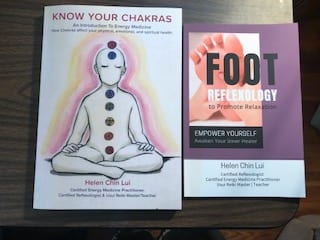 by HELEN CHIN LUI, Certified Reflexologist, Certified Energy Medicine Practitioner, and Usui Reiki Master
by HELEN CHIN LUI, Certified Reflexologist, Certified Energy Medicine Practitioner, and Usui Reiki Master
Know Your Chakras: Introduction to Energy Medicine,
Foot Reflexology to Promote Relaxation
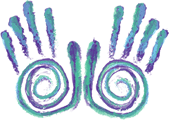
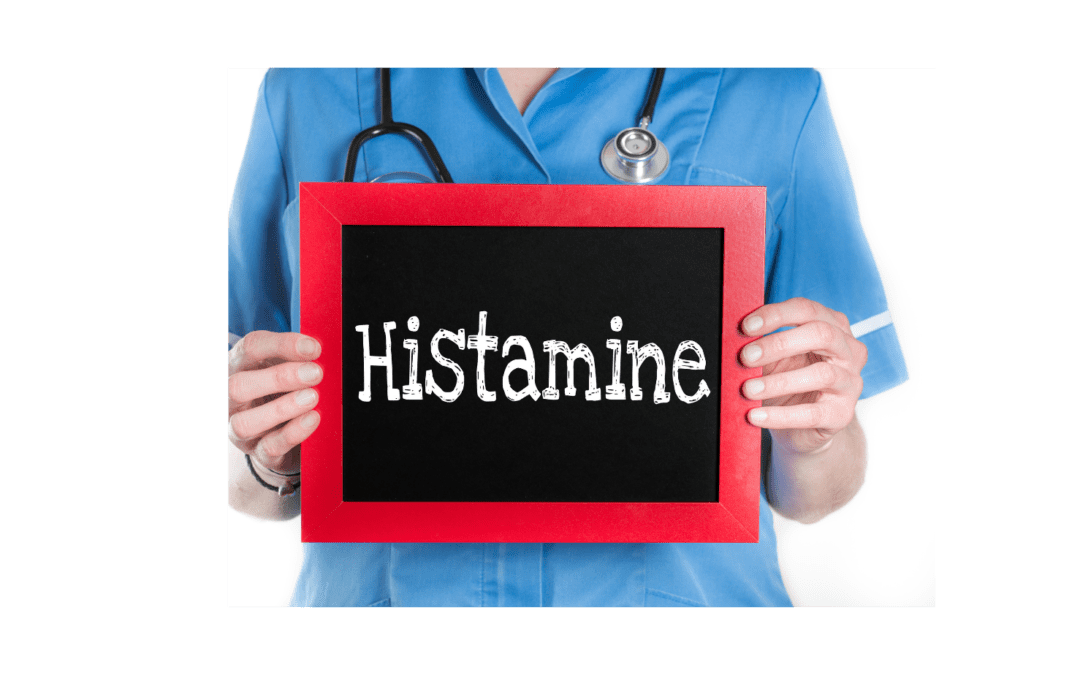
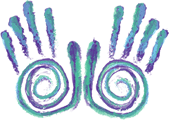


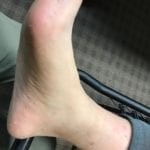


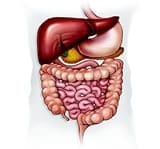
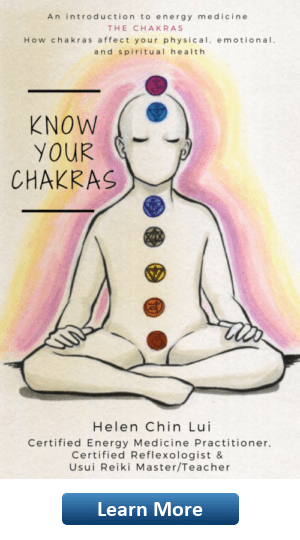
 The Healing Place LLC helps all ages to find relief from chronic pain, chronic digestive problems and balance hormones naturally. We practice COVID19 safety. Don’t forget to check on our online school HealingPlaceEnergySchool.com. Thank you.
The Healing Place LLC helps all ages to find relief from chronic pain, chronic digestive problems and balance hormones naturally. We practice COVID19 safety. Don’t forget to check on our online school HealingPlaceEnergySchool.com. Thank you.
Recent Comments